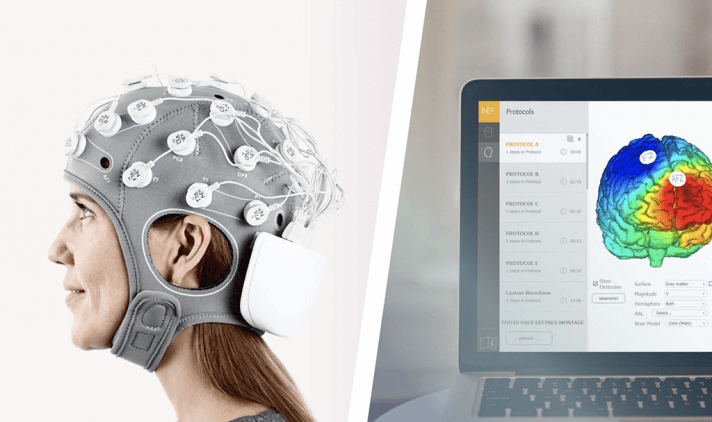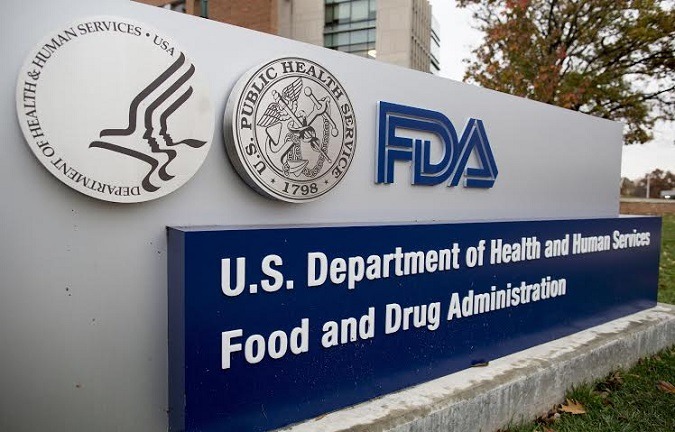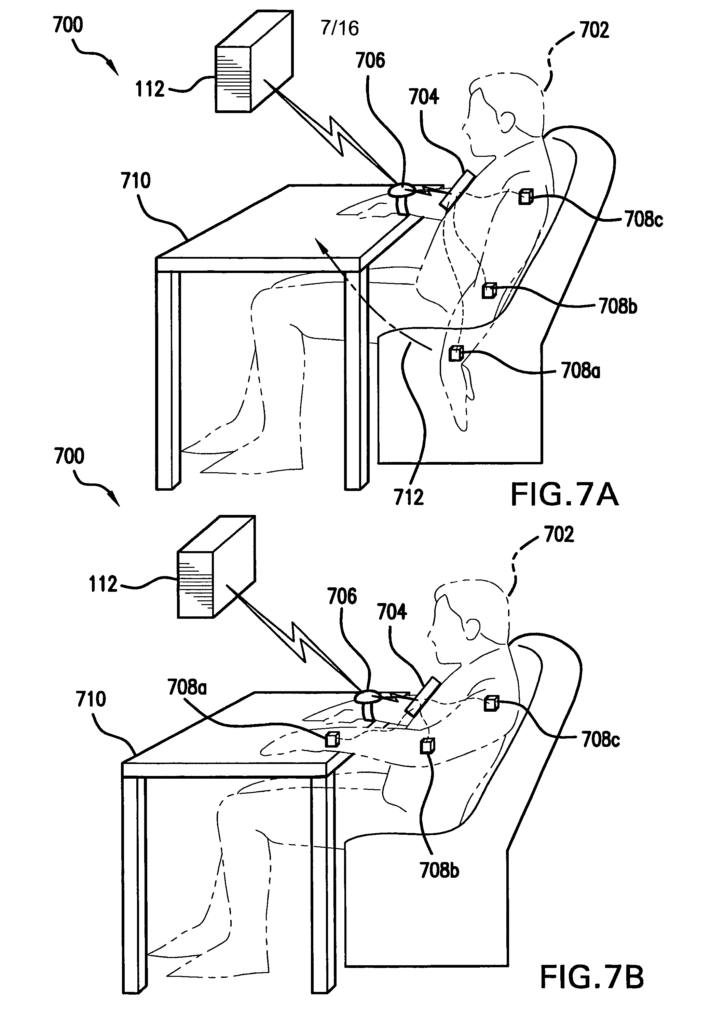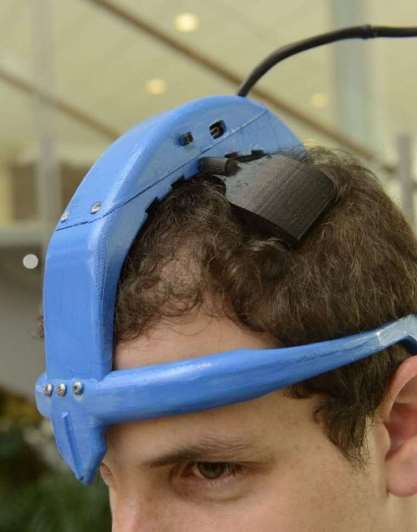Posts Tagged ‘Parkinsons-disease’
Combined tDCS neurostimulation and cognitive training found to improve working memory among older adults–especially those with lower starting capacity
Giving memory a lift: Can games and brain stimulation do it? (MedicalNewsToday): A person’s working memory may decline with age or if they have dementia, Parkinson’s disease, or have had a stroke. When this occurs, the loss can affect their day-to-day quality of life, turning even simple tasks into often-demoralizing challenges.
Read MoreUCSF to open innovative neurology clinic to address “diagnostic odyssey”
_____ UCSF to Launch Unique Neurology Clinic Specializing in Difficult-to-Diagnose Cases (press release): “A proposed neurology clinic at UCSF Medical Center at Mission Bay aims to shortcut the “diagnostic odyssey” faced by many patients with baffling brain symptoms that do not meet the standard criteria for any specific condition. Patients with ambiguous neurological symptoms, but…
Read MoreAn idea gaining traction: Can measuring typing cadence help monitor and treat Parkinson’s Disease?
FDA grants breakthrough device designation to NeuraMetrix (press release): “The U.S. Food and Drug Administration (FDA) has granted Breakthrough Device designation to the NeuraMetrix brain health monitoring solution. The designation is granted for devices “that provide more effective treatment or diagnosis of life-threatening or irreversibly debilitating human disease or conditions”. The approved use is monitoring…
Read MoreModerate coffee consumption may promote brain health — and it’s not because of caffeine
How Coffee May Protect Brain Health: A New Study Suggests The Benefits Aren’t Just From Caffeine (Forbes): “Coffee has been getting considerable attention for a growing list of health benefits, with brain health high among them. While not without a few downsides, studies have shown impressive upsides of moderate coffee consumption, often linked to its…
Read MoreThe state of intelligent wearable monitor systems and methods: Key neurotechnology patent #40
Today we highlight a 2011 patent by Dartmouth College, The National Institutes of Health (NIH), and the U.S. Department Of Health And Human Services, aimed at fine-tuning treatment of Parkinson’s disease, stroke and other diseases affecting motor function. (As mentioned, we are featuring a foundational Pervasive Neurotech patent a day, from older to newer by issue date) U.S. Patent No.…
Read MoreTrend: From brain surgery towards non-invasive brain stimulation therapies
. BRAIN-STIMULATING HELMET MAY HELP PARKINSON’S PATIENTS (Popular Science): “When Michelle Lane was incapacitated by Parkinson’s disease, her best option was brain surgery. Electrical leads were surgically implanted into her skull, and a pacemaker-like device installed to deliver electrical signals to the movement region of the brain. Now
Read More





